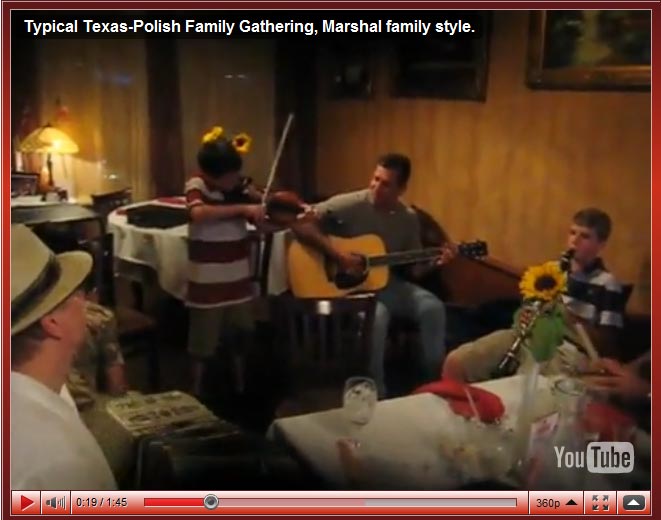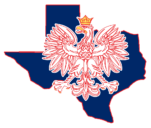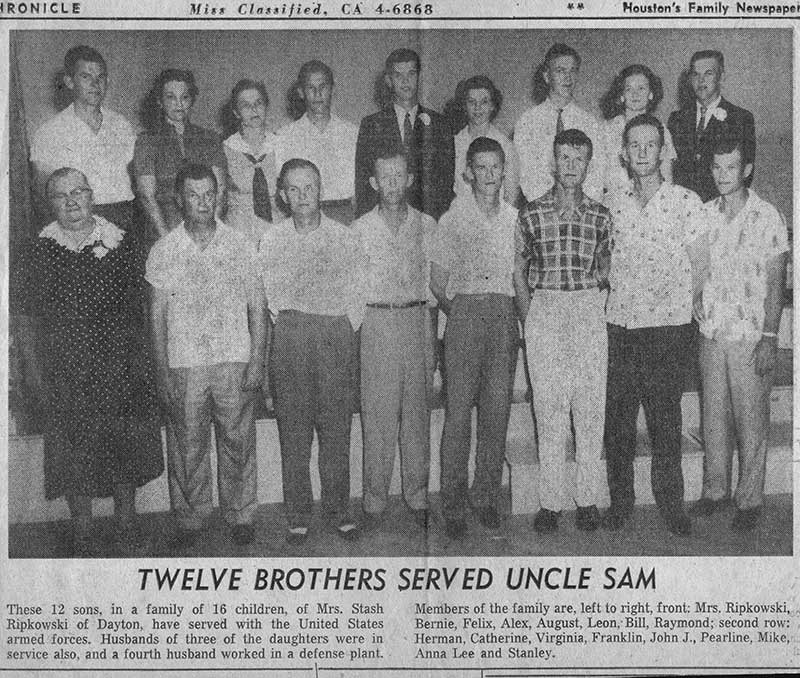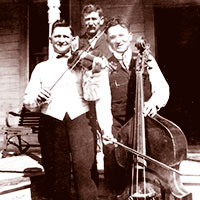Texas-Polish Family Gathering Video
 The conclusion of another informal family gathering, this time the occasion of the Houston Polish Festival, March 2009. That’s Brian’s kids leading the tune, “Piwa Kuba.” Cousin Ronnie Kazowski on guitar. Chuck in ben-ben, and Bradley Williams on concertina. I feel compelled to share this sort of stuff with you because it’s becoming apparent to me in my middle age that not all of y’all experience music this way, the way many of us here in Texas sort of take for granted: nearly every day in within a living context. It also makes me a touch melancholy as well to note that my own tribe is now so fully assimilated into the greater culture that it has nearly completely lost touch with these simple, everyday life events where music is simply the soundtrack.
The conclusion of another informal family gathering, this time the occasion of the Houston Polish Festival, March 2009. That’s Brian’s kids leading the tune, “Piwa Kuba.” Cousin Ronnie Kazowski on guitar. Chuck in ben-ben, and Bradley Williams on concertina. I feel compelled to share this sort of stuff with you because it’s becoming apparent to me in my middle age that not all of y’all experience music this way, the way many of us here in Texas sort of take for granted: nearly every day in within a living context. It also makes me a touch melancholy as well to note that my own tribe is now so fully assimilated into the greater culture that it has nearly completely lost touch with these simple, everyday life events where music is simply the soundtrack.
…
Texas-Polish Family Gathering Video Read More »





